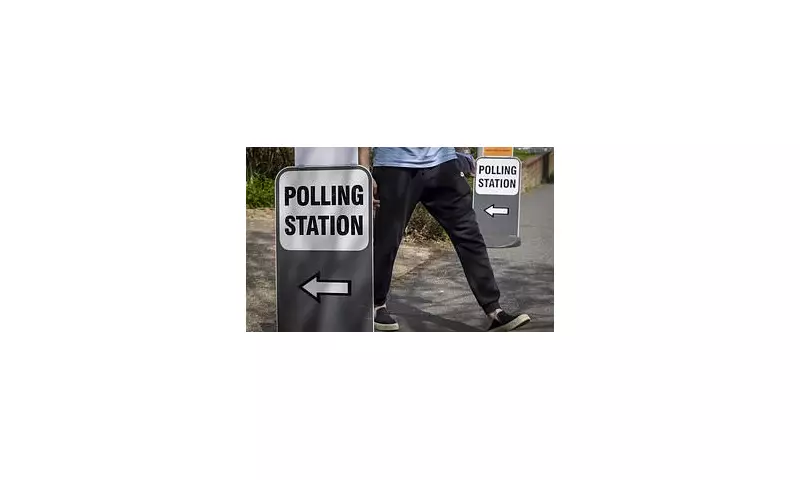
The British electoral system could be in for its most significant transformation in decades, as new proposals from the Labour government aim to make voting more accessible and fit for the 21st century. A confidential government document has revealed plans that would allow in-person voting to take place over several days and see polling booths placed in schools and other community hubs.
A Modernised Voting Experience
Under the proposed reforms, the traditional single-day Thursday voting could be replaced by a more flexible system. Polling stations may open as early as the weekend before election day, giving voters multiple opportunities to cast their ballot in person. This represents a fundamental shift from the current system, where voters must visit their designated polling station between 7am and 10pm on a single Thursday.
The government is actively considering establishing voting 'hubs' in busy public areas like shopping centres to capture voters during their daily routines. Furthermore, voters would no longer be restricted to a single designated polling station but could cast their vote at any polling location within their council area, offering unprecedented flexibility.
Expanding Access and Controversy
The reforms would extend voting access to non-traditional locations, with universities, care homes, and community centres potentially receiving visits from election officials carrying portable polling booths and ballot boxes. The most controversial aspect involves plans to place polling stations in schools, which government sources indicate would be implemented once ministers successfully lower the voting age from 18 to 16.
These proposals have sparked immediate criticism from Conservative MPs, with senior Tory James Cleverly accusing the government of attempting to 'fiddle' with Britain's electoral system to boost Labour's vote share. Cleverly raised concerns about electoral security and questioned the lack of opportunity for proper democratic scrutiny of these significant changes.
The controversy extends to the voting age reduction, with critics noting that 16 and 17-year-olds will be able to vote at the next general election following Labour's fulfilment of their manifesto pledge. Opponents claim this move would disproportionately benefit Labour, as young voters traditionally lean toward left-wing parties, though recent polling suggests some youth are shifting support to the Green Party.
Implementation and Security Measures
Several councils will participate in a pilot programme of these voting reforms during next May's local elections. The government document states they are 'open to considering alternative models and digital improvements' where local authorities can demonstrate clear rationale aligned with pilot objectives.
However, ministers have reportedly ruled out electronic or online voting due to hacking concerns, focusing instead on physical voting reforms. A spokesperson for the Ministry of Housing, Communities and Local Government clarified that there are currently no plans to pilot flexible voting options inside schools, but confirmed the government is 'exploring ways to securely modernise voting in polling stations' to meet expectations of modern public services.
All proposed changes will require further discussion and approval before implementation, ensuring that any transformation of the British voting system maintains both accessibility and security.





